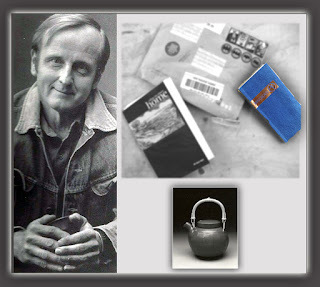As I stand here watching you crossing the field
Something of my singularity is revealed
For the moon above you stays stuck in that tree
It doesn’t follow you. It only follows me.
Something of my singularity is revealed
For the moon above you stays stuck in that tree
It doesn’t follow you. It only follows me.



